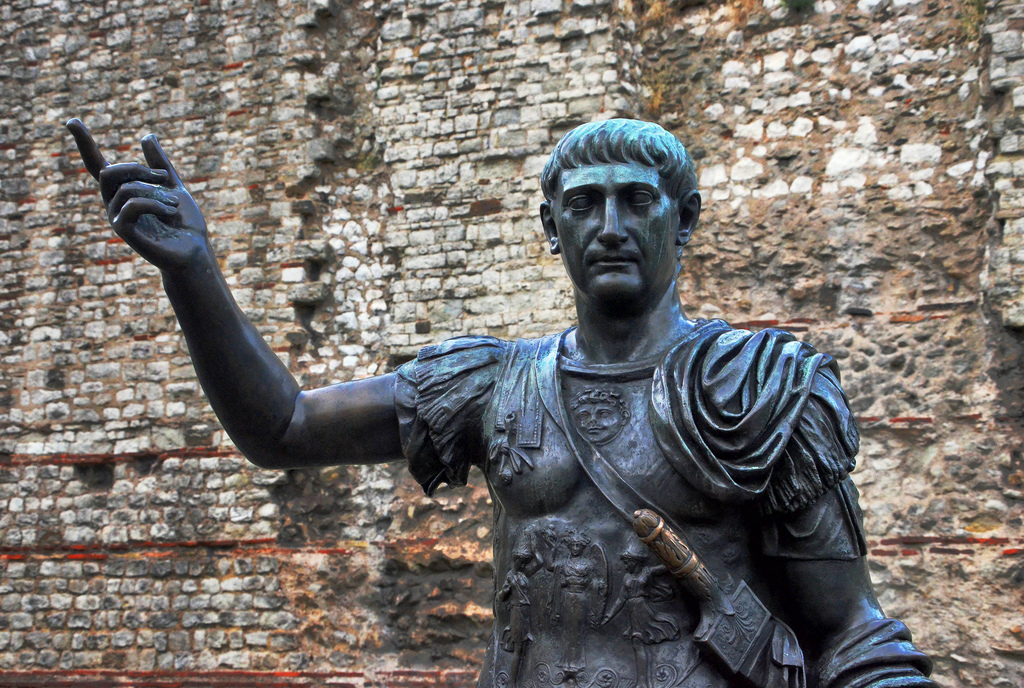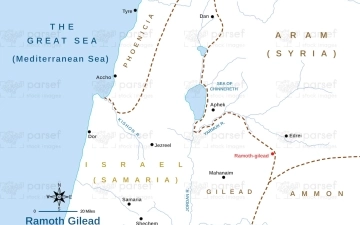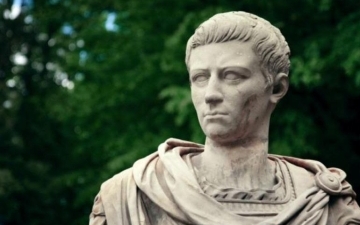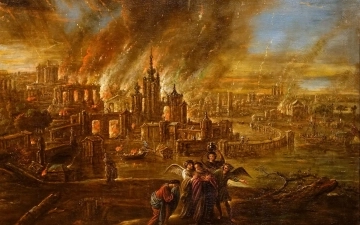Trajan: Expanding the Roman Empire to Its Zenith

The Roman Empire, at its zenith, was a sprawling realm that stretched from Britannia in the north to Egypt in the south, and from Hispania in the west to Mesopotamia in the east. Among the emperors who played a pivotal role in this expansion and solidified Rome's dominance was Trajan. His reign, from 98 to 117 CE, marked a high point in Roman history, both in terms of territorial conquest and cultural achievement. In this article, we delve into the life and accomplishments of Trajan, the emperor who expanded the Roman Empire to its zenith.
Early Life and Rise to Power
Trajan, born Marcus Ulpius Trajanus in 53 CE, came from a distinguished provincial family in Spain. His family had a history of military service, and Trajan's own career followed suit. He rose through the ranks of the Roman military, earning a reputation for competence and leadership.
Adoption and Accession
Trajan's path to the imperial throne was unconventional. He was not born into the Julio-Claudian dynasty but was adopted by Emperor Nerva, who saw in Trajan a capable and deserving successor. This adoption established a tradition of adopting capable successors, known as the "Adoptive Emperors."
Conquests and Expansion
Trajan's reign is most renowned for its extensive military campaigns. He launched several successful campaigns that significantly expanded the Roman Empire:
- Dacia (Modern-Day Romania): Trajan's conquest of Dacia, a prosperous region north of the Danube, brought vast wealth and resources to Rome.
- Parthia (Modern-Day Iran): His eastern campaigns led to the capture of the Parthian capital, Ctesiphon, and briefly brought Mesopotamia under Roman control.
- Armenia and Mesopotamia: Trajan's conquests in these regions further extended the Roman frontiers in the east.
These campaigns contributed to the territorial peak of the Roman Empire, which stretched from the Atlantic Ocean to the Persian Gulf.
Architectural and Cultural Achievements
Trajan was not only a skilled military strategist but also a patron of the arts and architecture. He commissioned several impressive public works, including Trajan's Column in Rome, which commemorates his Dacian campaigns and serves as a historical record of the era. He also undertook extensive public building projects, including roads, bridges, and aqueducts, enhancing the infrastructure of the empire.
Death and Legacy
Trajan's reign came to an end with his death in 117 CE. He was succeeded by his adopted son, Hadrian. Trajan's legacy endures as one of the "Five Good Emperors" of Rome, a period characterized by stability, prosperity, and competent governance.
Trajan's military conquests and cultural contributions left an indelible mark on Roman history. His reign is often regarded as the pinnacle of Roman expansion and power, and his legacy as a wise and capable ruler continues to be celebrated in both historical records and modern scholarship.
Trajan's reign represents a golden era of Roman history marked by territorial expansion, cultural achievements, and effective governance. His ability to combine military prowess with a commitment to civic and cultural development solidified his place among Rome's greatest emperors.
Related Posts
From Roman Thrones to Heavenly Crowns: The Emperor and the Rise of Catholicism
Once upon a time in the bustling heart of ancient Rome, emperors wore laurel wreaths and ruled sprawling empires with iron fists. Temples to Jupiter and Mars dotted the skyline, and gladiators clashed in the Colosseum under the approving gaze of the gods of Olympus. And yet, within this world...
Read MoreRamoth-Gilead: The Ancient Stronghold of Israel
Ramoth-Gilead, an ancient city of great biblical and historical significance, was a major stronghold located in the region of Gilead, east of the Jordan River. The city, often mentioned in the Old Testament, played a crucial role in the territorial struggles between Israel and its neighboring nations. Today, the exact...
Read MoreHow Online Tutoring Builds Stronger Foundations in Chemistry
Understanding chemistry often feels like learning a new language—symbols, equations, and reactions that demand more than just memorization. This is where online tutoring steps in as a game-changer. By offering personalized attention, real-time feedback, and flexible pacing, online tutoring helps students grasp core principles with confidence. It transforms abstract chemical...
Read MoreCaligula: Madness and Infamy in the Roman Empire
The name Caligula is synonymous with madness and infamy in the annals of Roman history. Gaius Julius Caesar Augustus Germanicus, known as Caligula, was the third Roman Emperor, and his tumultuous reign left an indelible mark of cruelty, debauchery, and tyranny. In this article, we delve into the life and...
Read MoreFrom Ancient Rome To Today: 4 Games Played By Emperors And Their Modern Equivalents
In history, Ancient Rome had rulers who enjoyed games that involved intelligence and risk-taking. The interesting part is that some of these games have now evolved to their modern versions that still entertain people. When we look at the Ancient Roman history of emperors having fun, most of them went for...
Read MoreSodom and Gomorrah: The Rise and Fall of Two Ancient Cities
Sodom and Gomorrah are two of the most infamous cities mentioned in ancient religious texts, notably the Bible. For centuries, they have symbolized divine judgment, moral depravity, and catastrophic destruction. Their story is told in the Book of Genesis, and echoes of their downfall reverberate through theology, archaeology, and mythology....
Read More






















